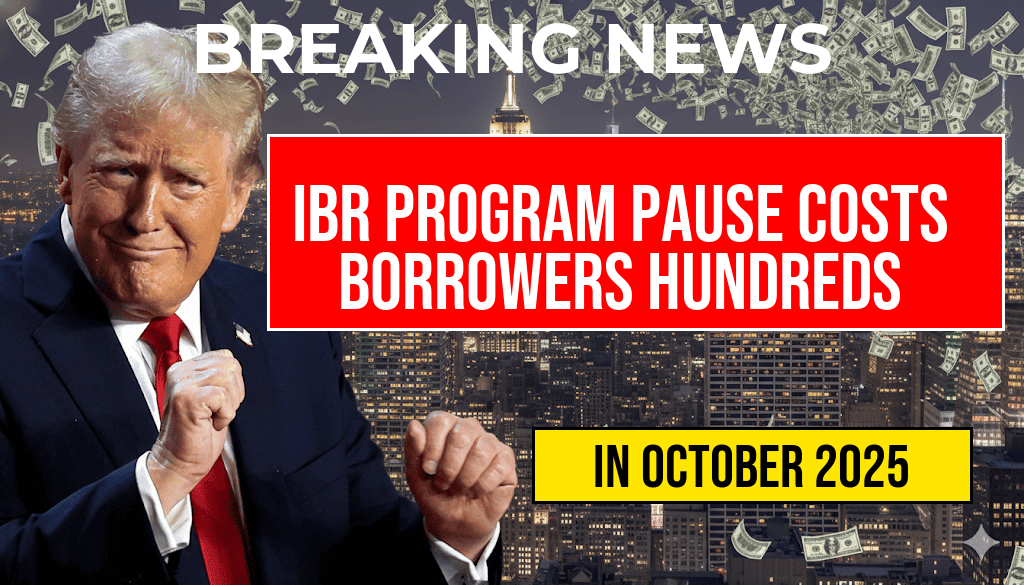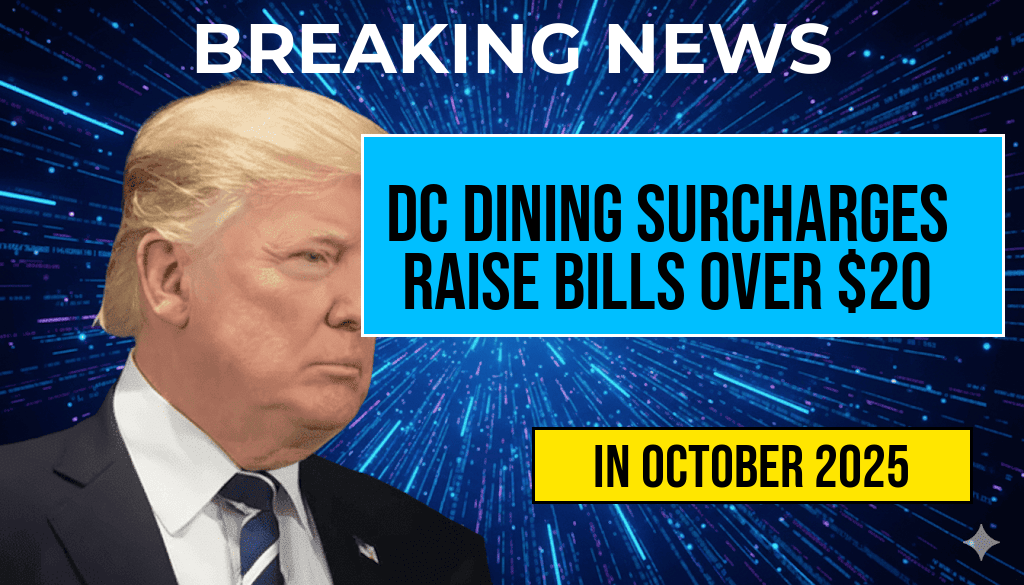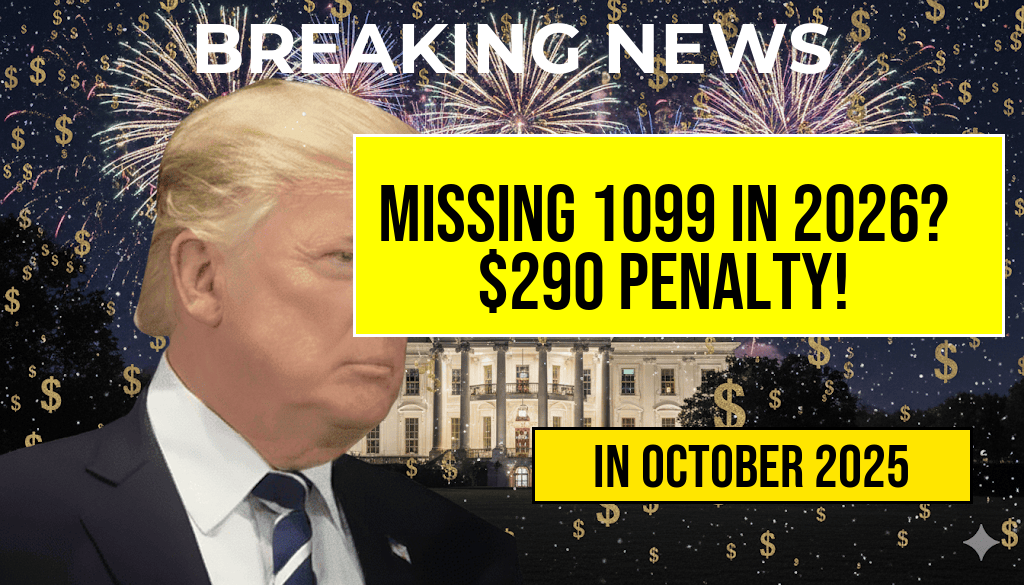Borrowers in the federal student loan system are facing significant financial setbacks due to a recent pause in the Income-Based Repayment (IBR) program. This suspension, which was implemented to prepare for the transition to a new loan servicing system, has resulted in many borrowers accruing higher balances instead of receiving the anticipated relief. The U.S. Department of Education has pledged to issue refunds to those affected, but no specific timeline has been established for when these refunds will be processed. As the situation unfolds, borrowers are left grappling with uncertainty and potential financial strain.
Understanding the IBR Program Pause
The IBR program is designed to assist borrowers by capping their monthly student loan payments based on income and family size. However, the recent pause has inadvertently placed many borrowers in a precarious financial situation. While the suspension was intended to streamline transitions within the loan servicing framework, it has inadvertently led to increased loan balances for many.
Impact on Borrowers
- Accrued Interest: Borrowers who anticipated lower payments under the IBR program are now facing additional interest accruement.
- Higher Loan Balances: Many borrowers report that their loan balances have grown due to the suspension, contrary to the intended purpose of the IBR program.
- Financial Uncertainty: With the lack of a clear timeline for refunds, borrowers are left unsure about their financial futures.
Refunds Promised but Timeline Uncertain
The U.S. Department of Education has committed to refunding borrowers who have been negatively impacted by the IBR program’s pause. However, officials have not provided a definitive date for when these refunds will be processed. The uncertainty surrounding the timing has left many borrowers anxious and frustrated, as they rely on these funds to manage their financial obligations.
What Borrowers Should Know
As borrowers await further information about refunds, it is crucial for them to keep track of their loan status and remain informed about any updates from the Department of Education. Here are some key steps they can take:
- Monitor Loan Accounts: Regularly check for updates on loan balances and interest accrual.
- Stay Informed: Follow announcements from the Department of Education regarding the IBR program and refunds.
- Contact Loan Servicers: Reach out to loan servicers for personalized assistance and to clarify any uncertainties regarding individual accounts.
Potential Solutions and Alternatives
In light of the current situation, borrowers may want to explore alternative repayment options. Programs like the Revised Pay As You Earn (REPAYE) might offer viable solutions for those struggling with increased loan burdens. Additionally, borrowers can consider deferment or forbearance as temporary measures to alleviate immediate financial stress.
The Bigger Picture: Federal Student Loan Landscape
The pause in the IBR program is part of a larger conversation surrounding the federal student loan system, which has been under scrutiny for its complexity and impact on borrowers. As the Biden administration seeks to reform student loan policies, the recent developments raise questions about the effectiveness and reliability of existing repayment programs.
Future Prospects for Student Loan Borrowers
While the Department of Education has promised refunds, the lack of specificity regarding the timeline raises concerns about the agency’s capacity to manage the transition effectively. Borrowers are encouraged to remain proactive and engaged with their loan servicers as well as to advocate for clearer communication from the government.
Conclusion
As the IBR program pause continues to affect borrowers, the promise of refunds offers a glimmer of hope amidst uncertainty. With financial implications at stake, it is crucial for borrowers to stay informed, explore alternative repayment options, and actively engage with their loan servicers. The evolving landscape of federal student loans necessitates a vigilant approach to ensure that borrowers can navigate these challenges effectively.
For more information on student loan repayment options, visit Forbes or check the Wikipedia page on Income-Driven Repayment programs.
Frequently Asked Questions
What is the IBR program and how does it affect borrowers?
The IBR program, or Income-Based Repayment program, is designed to help borrowers manage their student loan payments based on their income. However, a recent pause in the program has resulted in additional costs for many borrowers.
Why are borrowers experiencing additional costs due to the pause?
The pause in the IBR program has led to a halt in interest rate adjustments and payment calculations, which has inadvertently resulted in some borrowers facing increased financial burdens. This situation has caused confusion and stress among those relying on the program for manageable payments.
Will borrowers receive refunds for the additional costs incurred?
The government has promised refunds to affected borrowers, but the specific date for when these refunds will be issued is still to be determined. Borrowers are advised to stay informed through official communications regarding the status of their refunds.
How can borrowers stay updated on changes to the IBR program?
Borrowers can stay updated on the IBR program by regularly checking the official government website for announcements and updates. Additionally, subscribing to newsletters and following reputable financial aid organizations can provide timely information.
What should borrowers do if they need immediate assistance?
If borrowers require immediate assistance, they are encouraged to contact their loan servicer directly. The loan servicer can provide guidance on current options available and help address any specific concerns related to the IBR program.






